Lupinus rivularis is a species of lupine known by the common name riverbank lupine. It is native to western North America from southern British Columbia to northern California, where it is known mainly from coastal habitat. This is a robust, erect perennial herb or subshrub growing up to about a meter tall. The mostly hairless stem is thick, hollow, and reddish in color. Each palmate leaf is made up of 5 to 9 wide leaflets 2 to 4 centimeters long. The flower cluster is a raceme of many flowers sometimes arranged in whorls. The flower is light purple in color, often with white parts or shading. The fruit is a somewhat hairy legume pod up to 7 centimeters long which turns dark as it ages. Description from Calscape
Home > Plant Guide >
Scientific Name
Family
Garden Type
Wildlife
Native Plant Region
Light needs
Water Needs
Plant Type
Bloom Color(s)
Height
Width
Months in Bloom
Safe Beneath Power Lines?
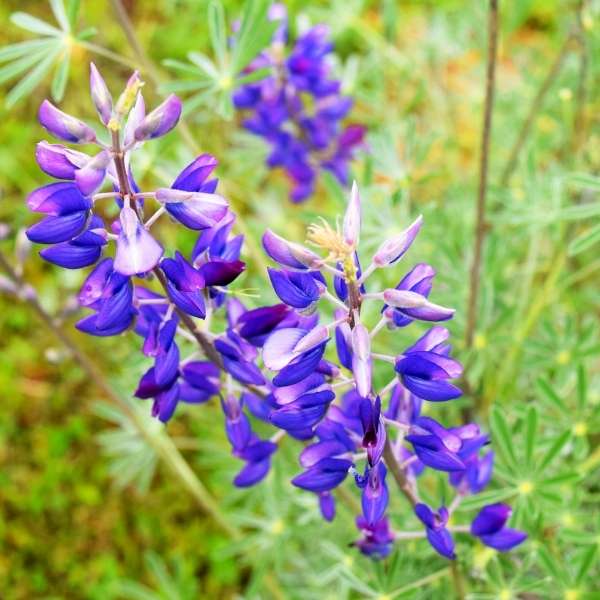
We’d like to maintain accurate and robust plant listings. If you see information that is not correct or that could be added to improve the listing, please let us know. Or if you’d like to suggest a plant to add to our plant guide, you can use this form do so. Thank you!
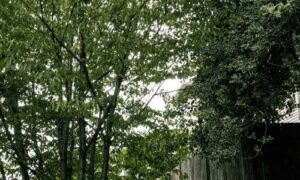
The plants, animals, fungi, microbes, and other natural features that make up “urban habitat” are important to the character, function, and livability of cities.
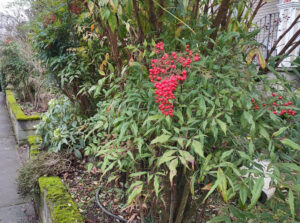
Some introduced plant species can diminish biodiversity. Other plants produce poisons that can harm wildlife. Learn what plants to avoid when figuring out what to plant or remove in your outdoor space.

Start a garden in a planting strip along the street. Explore our interactive corridor map, find what to grow, and start nurturing today.
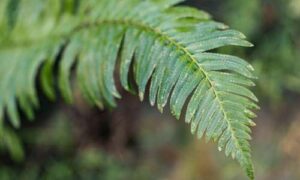
Despite the urban character and the high population density, a surprising diversity of life exists in Capitol Hill. Explore a few physical aspects of our urban ecosystems and meet some of its more-than-human residents.

Do you wonder how a cat can be happy indoors? This presentation will give you a better understanding of cat behavior and the confidence that an indoor cat can be a happy cat.
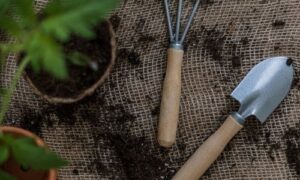
New types of vegetation can attract additional wildlife to an area. You might be surprised how a little green can go a long way!
Nature of Your Neighborhood is a collaboration between Birds Connect Seattle, the Capitol Hill EcoDistrict, and the Seattle Bird Conservation Partnership. Our goal is to foster relationships between the people and the nature of their neighborhoods.